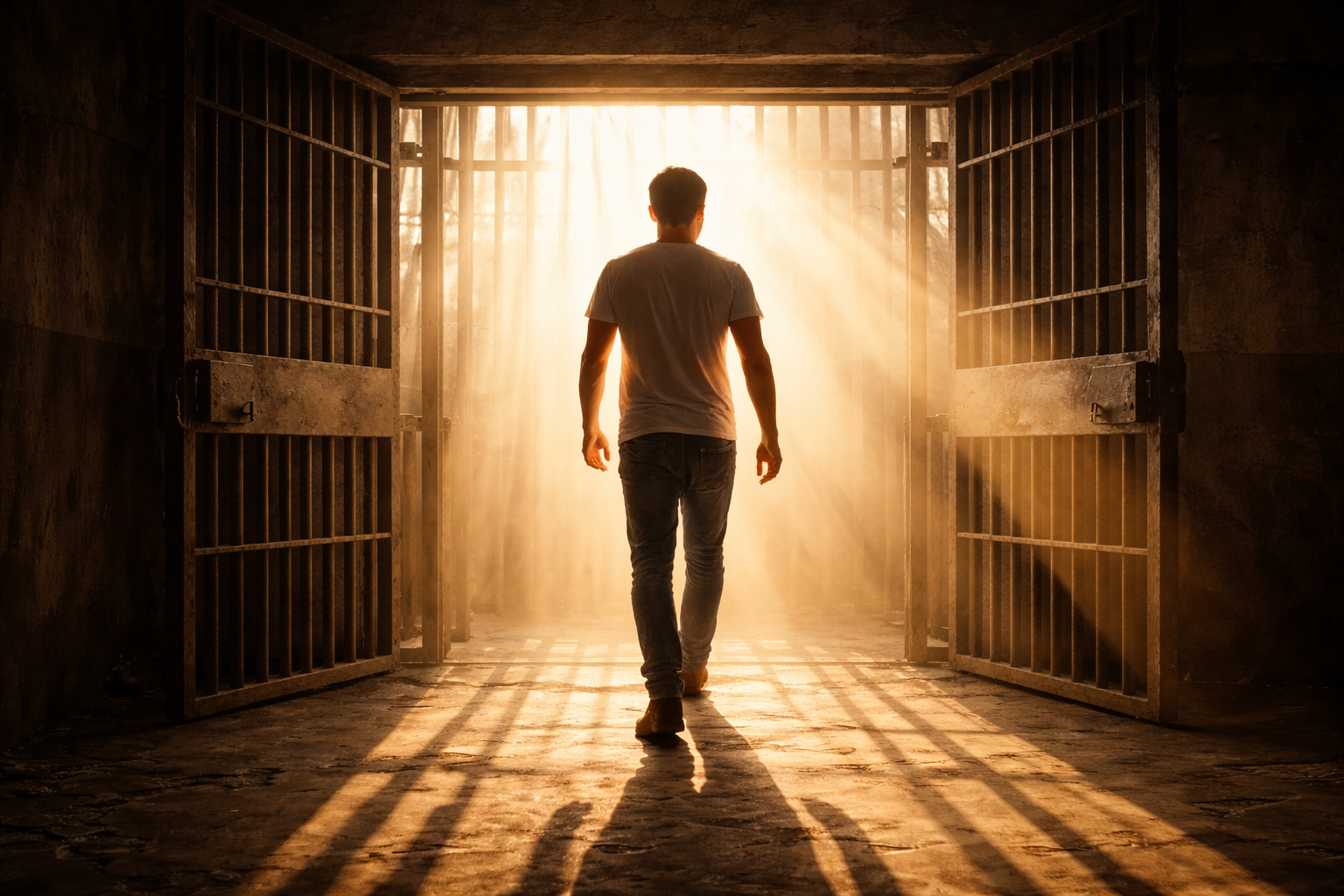Billy Graham said the nation’s 40th president was ‘a man of tremendous integrity, based on his religious belief’
Former President Ronald Wilson Reagan has been lauded as one of the nation’s greatest U.S. presidents, an exceptional communicator who helped redefine Republicanism. Yet the actor-turned-politician–who died June 5 at the age of 93 in his Bel Air, Calif., home after a 10-year battle against Alzheimer’s disease–was also a man of faith, say those who knew him best.
“Mr. Reagan had a religious faith deeper than most people knew,” said evangelist Billy Graham, who described Reagan as “one of my closest personal friends for many years. … The President was a man of tremendous integrity, based on his religious belief.”
Biographer Mary Beth Brown, author of Hand of Providence: The Strong and Quiet Faith of Ronald Reagan, which released from a Thomas Nelson subsidiary in March, said the nation’s 40th president accepted Christ at the age of 11 and was subsequently baptized. Though his father was Catholic, Reagan grew up in his mother’s denomination, the Disciples of Christ, then attended Presbyterian churches as an adult.
Family members said his faith was a guiding force. “My father lived as close to his maker as it is possible for a mortal to be,” said adopted son Michael Reagan, a Christian and conservative radio-show host who will release an autobiography and political commentary, Twice Adopted, in October. “Every morning he put himself in God’s hands, accepting whatever happened as the will of the Lord with absolute confidence that he would receive whatever he needed to cope with whatever the Lord put in front of him.”
Some Christian leaders say Reagan felt a sense of calling to the presidency. Christian broadcaster and author George Otis said he prophesied to then-Gov. Reagan at his home in the late 1960s that he would one day occupy 1600 Pennsylvania Ave.–if he walked uprightly before God. “We realized we had heard the voice of God,” said Otis, who was accompanied by entertainer Pat Boone and evangelist Harald Bredesen at the meeting.
Reagan acknowledged the prophecy to Boone after his first inauguration in 1981, indicating that he felt guided by a sense of divine purpose, Otis said. Observers have said that Reagan’s role in ending the Cold War, stimulating the economy and restoring a sense of optimism to America helped the nation through a critical juncture in its history.
Brown noted that Reagan’s faith informed his views, saying his resistance to communism was prompted in part by his opposition to its atheistic tenets. And his “reverence for the dignity of human life” motivated his pro-life stance, she added.
Because of his declining health, Reagan remained out of the public eye for much of the last decade and was cared for by his wife, Nancy. In her own autobiography, the former first lady wrote that she admired her husband’s faith, but did not share his passion and consulted astrologers because she was a habitual worrier and feared that her husband would be assassinated, Brown noted.
Though Reagan reportedly was private about his faith, he spoke several times to Christian groups, giving his well-known “evil empire” speech before the National Association of Evangelicals in 1983. “Yes, let us pray for the salvation of all those who live in that totalitarian darkness–pray they will discover the joy of knowing God,” he told them.
“But until they do, let us be aware that while they preach the supremacy of the state, declare its omnipotence over individual man, and predict its eventual domination of all peoples on the Earth, they are the focus of evil in the modern world.”
Though some Christians were critical of Reagan’s cuts to social programs that benefitted lower-income Americans, others praised his policies. Focus on the Family founder James Dobson, who served on several White House commissions, said Reagan was “a true friend to the defenders of traditional values.” In 1988, Reagan signed a law establishing the National Day of Prayer as the first Thursday in May.
Millions of Americans watched Reagan’s public funeral, held in the National Cathedral June 11. He was buried at his presidential library in Simi Valley, Calif.
Eric Tiansay and Adrienne S. Gaines































































